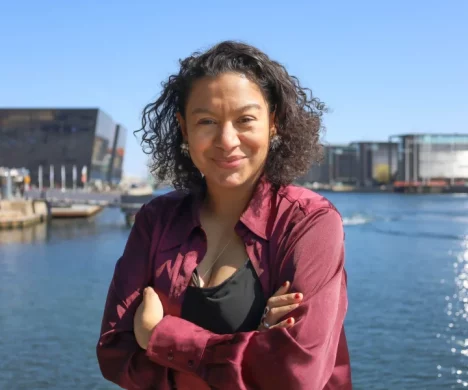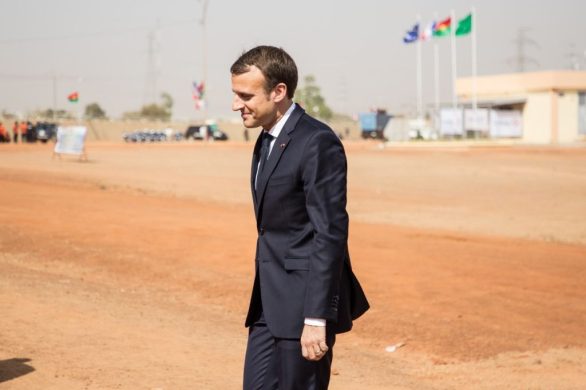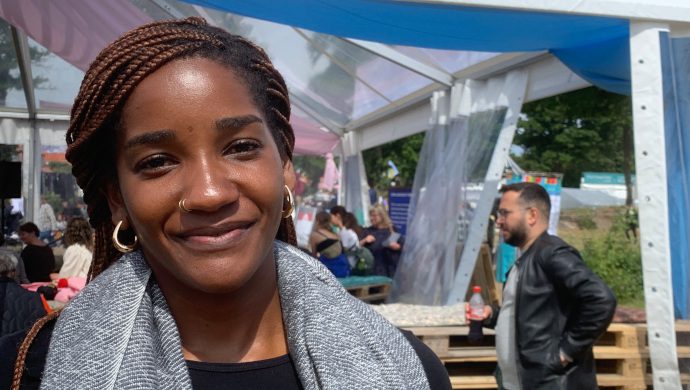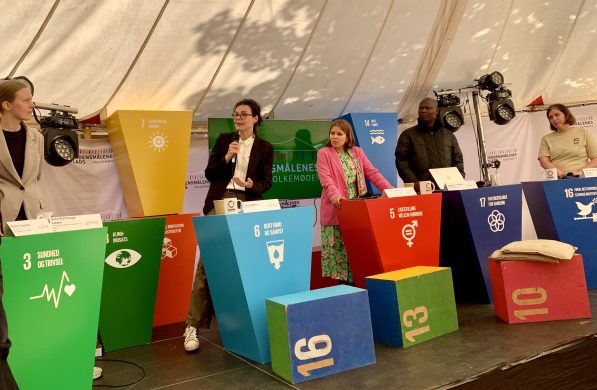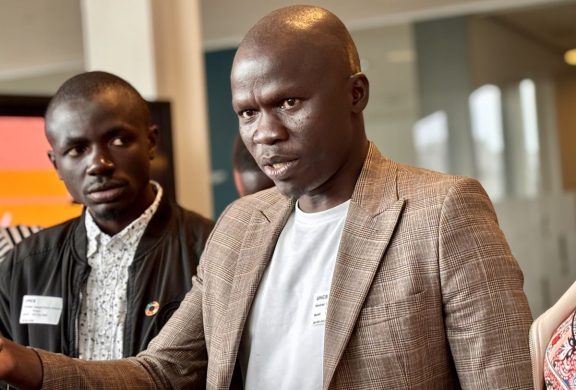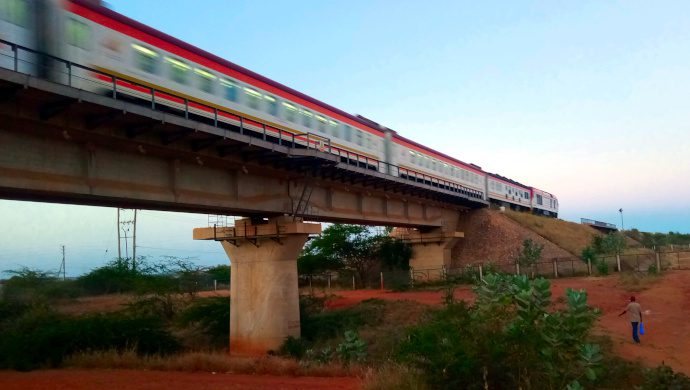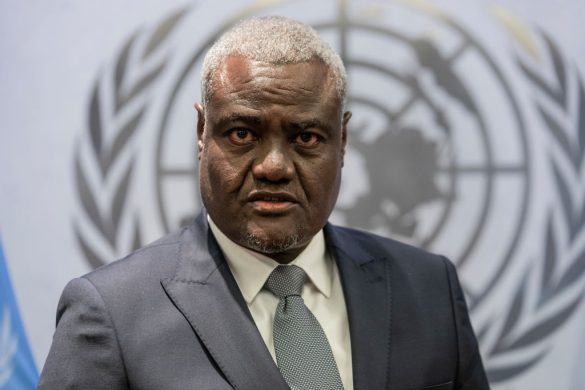I flere lande i Afrika er der planer om at modernisere af storbyerne. Ofte betyder modernisering at de fattige presses ud men nogle af tiltagene i moderniseringen kan også være til fordel for de fattige – f.eks. en forbedret offentlig transport.
NAIROBI, 4 February 2014 (IRIN): Plans to reshape and modernize African cities, in part driven by investment, architecture and construction companies seeking new markets, could deepen existing social inequalities, according to recent research.
But these development plans could also benefit the poor if governments are responsive to the needs of their citizens, argue analysts.
The implementation of these development plans within existing cities is having major exclusionary effects on vulnerable low-income groups through evictions and relocations, states the journal article African urban fantasies: dreams or nightmares? in the journal Environment & Urbanization.
This is because some of the informal settlements – where most of Africa’s urban poor live – are on lands attractive to property developers.
“In the competition for well-located urban land, the poor will inevitably lose out and be pushed to the edge of the cities, far away from jobs and public facilities. Governments will focus public investment on infrastructure for the new projects, and this will drain resources away from providing services to low-income areas,” Vanessa Watson, the author of article, told IRIN.
“With the majority of urban populations living in deep poverty and with minimal urban services, the most likely outcome of these fantasy plans is a steady worsening of the marginalization and inequalities that already beset these cities,” added Watson, who works with the African Centre for Cities (ACC) programme at the University of Cape Town.
Indeed, the Humanitarian Policy Group in a recent report cited “development policies and projects and land grabbing as some of the drivers of urban displacement”.
Pro-poor benefits
Countries such as Angola, the Democratic Republic of Congo, Ghana, Kenya, Nigeria, Rwanda and Tanzania have partnered with the private sector to develop master plans for their cities.
In Kenya, there are plans to build Konza and Tatu cities, which will house some 100,000 residents and include business parks and shopping malls. The government is priming the proposed Konza City to be Africa’s Silicon Valley, part of its wider efforts to make Nairobi a regional information technology hub.
Advocates of Tanzania’s proposed Kigamboni City, near the commercial capital Dar es Salaam, say it will be an ultra-modern urban centre whose facilities will compete with those in Dubai, Hong Kong and Kuala Lumpur.
Instead of heightening social inequality, the establishment of alternative cities may offer some pro-poor benefits, argues Albert Nyange, an urban planning lecturer at the University of Nairobi. He noted that in Kenya, such developments have spurred government action in transport infrastructure development.
“Investment in an efficient transport system is in itself pro-poor because it means transport becomes affordable. An efficient railway system will ensure the cost of commodities reduces, and [there are] many other benefits that come in housing development, such as jobs,” said Nyange.
“What is needed is not bashing of these plans but engagement with city authorities to provide incentives to those who can provide products, such as cheap but decent housing targeting the low-income groups.”
Optimizing population density
Læs resten af artiklen: http://www.irinnews.org/report/99590/helping-africa-s-urban-poor-gain-from-modernization




